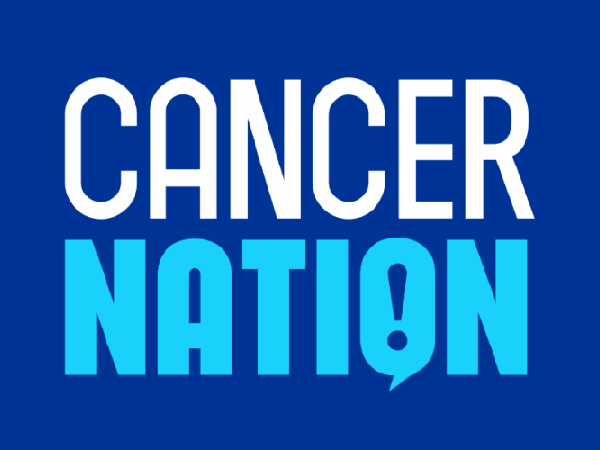The American Society of Clinical Oncology published three clinical practice guidelines for the prevention and management of neuropathy, fatigue, depression, and anxiety.
They are the first in a series of evidence-based guidelines on survivorship care. ASCO has also updated information for survivors on its Cancer.Net website based on the recommendations. The guidelines were published April 14 in the Journal of Clinical Oncology.
Managing Peripheral Neuropathy
ASCO’s Prevention and Management of Chemotherapy-induced Peripheral Neuropathy in Survivors of Adult Cancers guideline offers recommendations for prevention and treatment of the debilitating side effect of certain chemotherapy regimens, particularly those containing platinum drugs, vinca alkaloids, bortezomib, and/or taxanes. For a minority of patients, severe symptoms can last for years.
The guideline identifies a handful of drugs that may be helpful in diminishing the symptoms of CIPN, but it does not recommend any agents for prevention of CIPN. Specifically, the recommendation says, the following agents should not be taken for prevention of CIPN: acetyl-L-carnitine, amifostine, amitriptyline, CaMg, dietyldithio-carbamate, glutathione, nimodipine, Org 2766, all-trans retinoic acid, rhuLIF, and vitamin E.
While there is no strong evidence of benefit from for use of tricyclic antidepressants, gabapentin, and a topical gel containing baclofen, amitriptyline, and ketamine, it may be reasonable to try those agents in select patients, according to the guideline. Clinicians may also offer duloxetine.
Screening and Management of Fatigue
ASCO’s fatigue guideline adaptation provides recommendations on screening, assessment, and treatment approaches for adult cancer survivors. It is recommended that all survivors be evaluated for symptoms of fatigue upon completion of primary treatment and be offered strategies for fatigue management, and healthcare providers should assess fatigue history, disease status, and treatable contributing factors.
All patients should be educated about differences between normal and cancer-related fatigue, causes of fatigue, and contributing factors, according to the guideline. Patients should be offered strategies to manage fatigue, including physical activity, psychosocial interventions—e.g., cognitive and behavioral therapies, psycho-educational therapies—and mind-body interventions, such as yoga or acupuncture.
The guideline adaptation is based on a pan-Canadian guideline on fatigue and two National Comprehensive Cancer Network guidelines on cancer-related fatigue and survivorship.
Managing Anxiety and Depression
In its third guideline, ASCO emphasized that healthcare providers have a vital role to play in mitigating the negative emotional and behavioral side effects of cancer, recommending that supportive care services should be offered to all, and that those who display moderate or severe symptoms of anxiety and depression be referred for appropriate interventions.
The guideline also recommended that providers periodically evaluate all survivors for symptoms of depression and anxiety, using validated, published measures and procedures. Supportive care services, such as education about normalcy of stress in the context of cancer, signs and symptoms of distress, stress reduction strategies, and fatigue management, should be offered to all survivors.
Psychological, psychosocial, and psychiatric interventions should be offered to survivors with moderate or severe symptoms of depression or anxiety.









